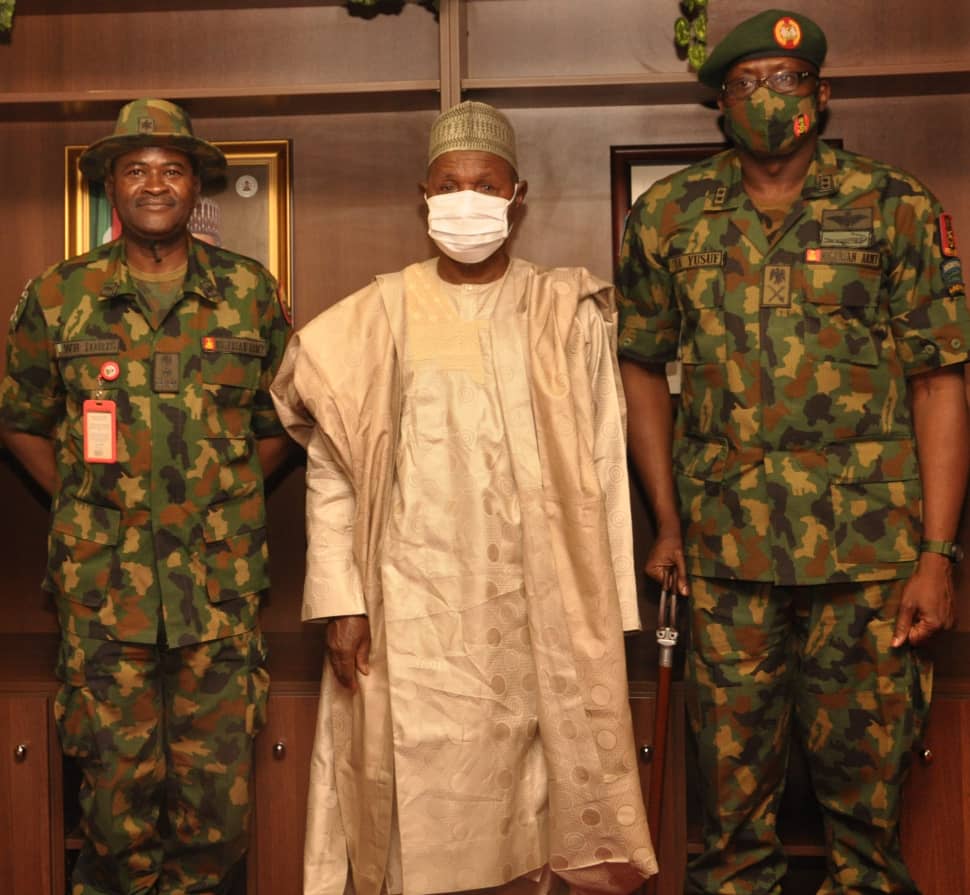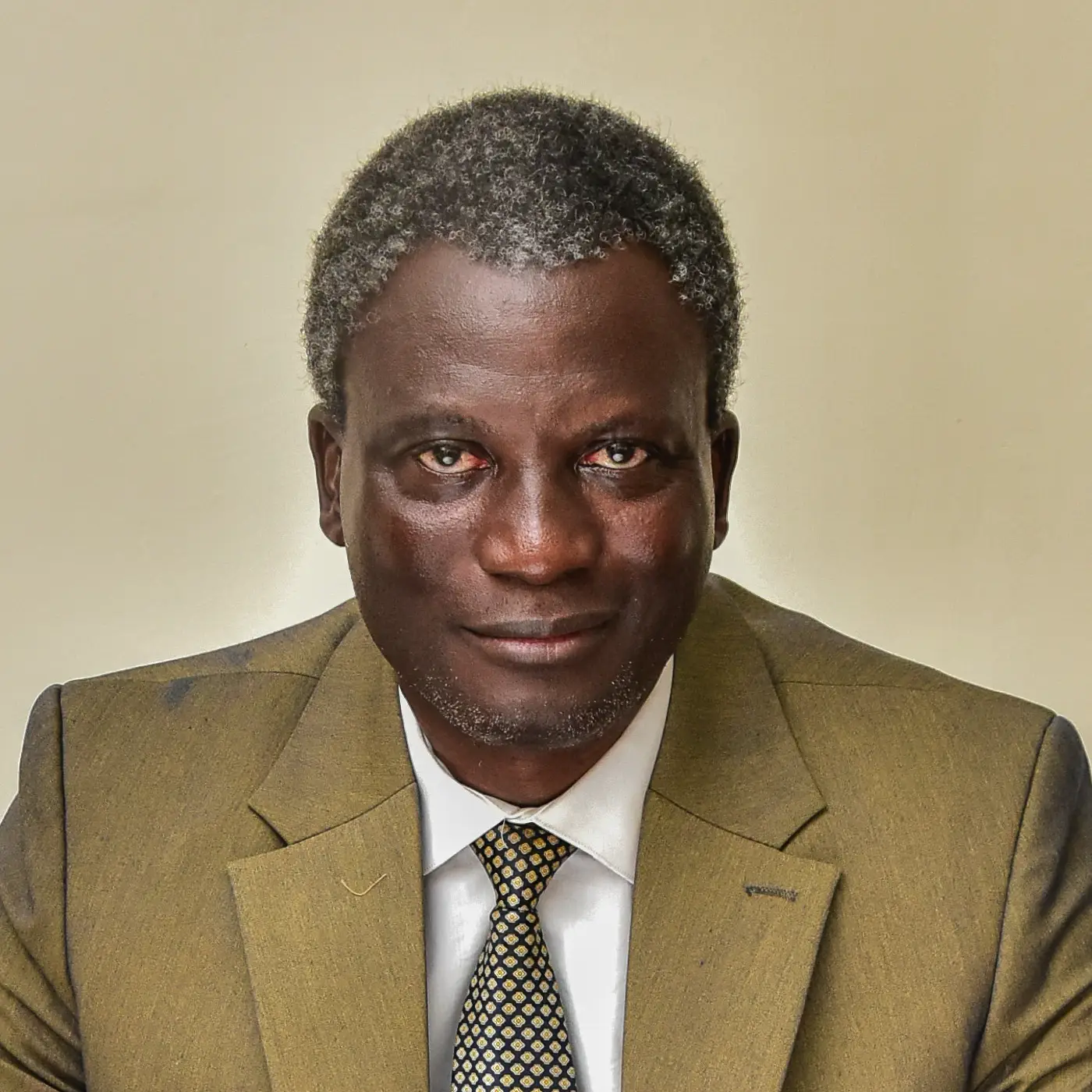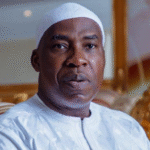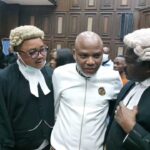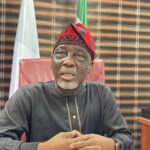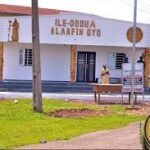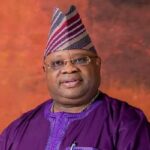Now Reading: Press freedom violation report ‘misleading’ – Kano
-
01
Press freedom violation report ‘misleading’ – Kano
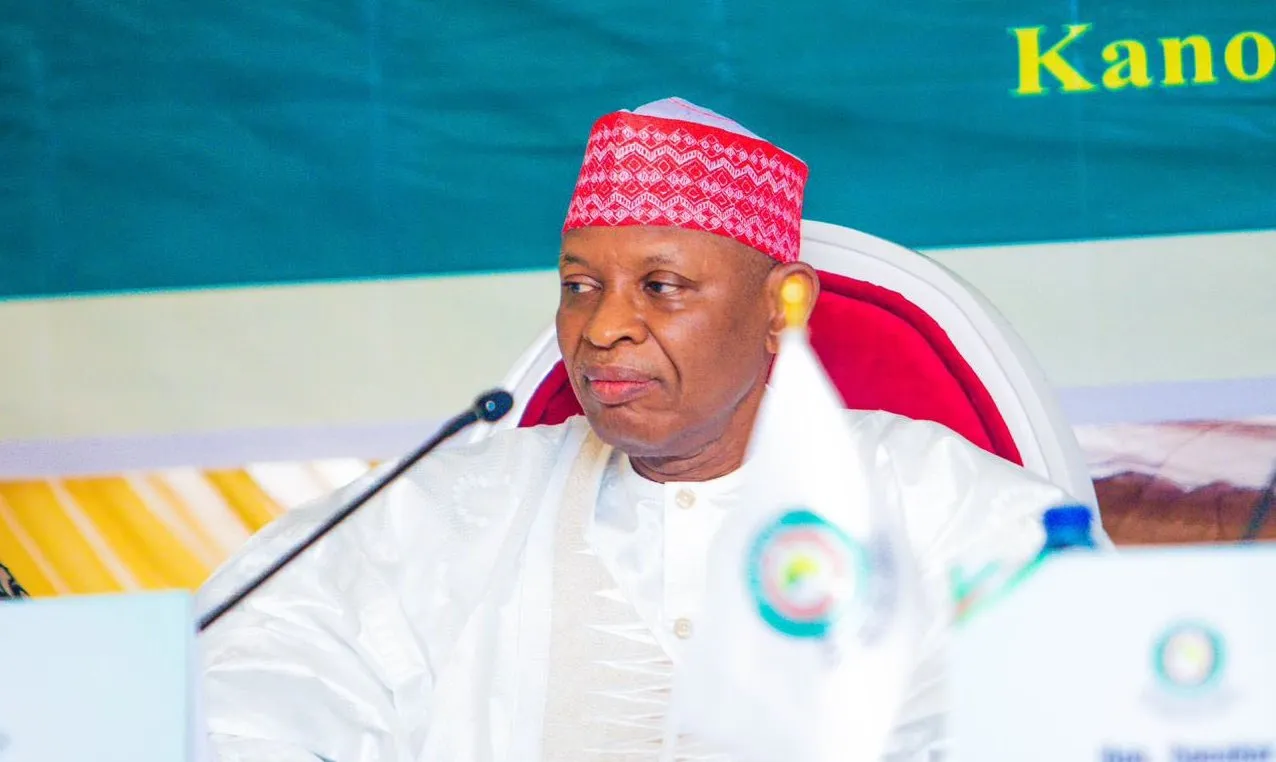
Press freedom violation report ‘misleading’ – Kano
The Kano State Government has faulted a recent report by the Wole Soyinka Centre for Investigative Journalism which listed Kano among the top three states violating press freedom in Nigeria, describing the claim as “misleading, unfounded, and malicious.”
The Commissioner for Information and Internal Affairs, Ibrahim Waiya, disclosed this in a statement he signed and made available to The PUNCH on Thursday.
The report, titled “Shrinking Freedoms: 2024 Journalism and Civic Space Report,” was unveiled on Tuesday in Lagos by the WSCIJ, in partnership with the Centre for Journalism Innovation and Development, with support from the Netherlands Embassy.
It identified Lagos, the Federal Capital Territory, and Kano as the top three states that recorded the highest number of violations against journalists and civic actors in 2024.
According to the report, Nigeria witnessed 103 cases of infractions against journalists and civil society actors last year, including arrests, intimidation, and assaults — many of which occurred during protests and political coverage.
The Executive Director of WSCIJ, Motunrayo Alaka, described the civic space as “fragile, repressive, and under sustained attack,” warning that “no democracy can thrive when voices of accountability are silenced.”
However, Waiya said the report did not reflect the realities of media practice in Kano, insisting that the state remains one of the most open and media-friendly in the country.
“The report can best be described as a mere figment of imagination by some armchair analysts masquerading under the Wole Soyinka Centre for Investigative Journalism,” the Commissioner said.
He noted that under Governor Abba Yusuf’s administration, Kano has maintained a strong record of promoting press freedom, responsible journalism, and civic engagement, pointing out that the governor has received several national and continental awards as Nigeria’s most media-friendly leader.
According to him, Yusuf’s recognitions include honours from Vanguard, Blueprint, Leadership, and New Telegraph newspapers, as well as African Leadership and African Heritage magazines.
The Nigeria Union of Journalists also honoured him during its 70th anniversary as the “Most Media-Friendly Governor in Nigeria.”
Waiya further said the government had demonstrated practical support for the media by hosting the NUJ National Executive Council meeting in Kano, establishing the Online Journalists’ Chapel, and sponsoring the registration and training of 52 state and local government information officers with the Nigerian Institute of Public Relations.
He added that the government is working to domesticate the Freedom of Information Act in Kano as part of efforts to enhance access to information, accountability, and transparency.
The commissioner also cited the recent Civil Society Conference hosted by the state government, as well as the governor’s tolerance during a “Bad Governance” protest — where he personally received and listened to demonstrators at the Government House — as proof of Kano’s respect for free expression and civic rights.
“It is, therefore, clear that Kano cannot, by any credible standard, be classified among states that violate press freedom. On the contrary, the state remains a model of open governance, transparency, and mutual respect between government and the media,” Waiya said.
He urged the WSCIJ and similar organisations to verify their claims before releasing reports that could misrepresent states “genuinely promoting and supporting press freedom.”
Source: Punch



